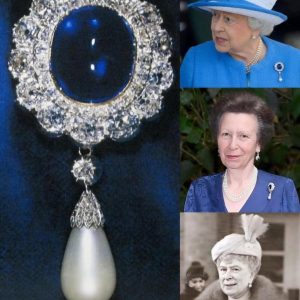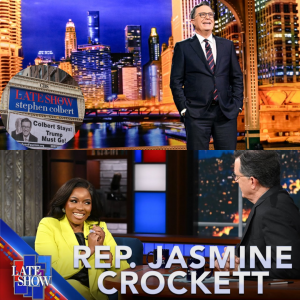Prince William and Catherine, Princess of Wales, have always been intentional about the way they raise their children. While they fully recognize the immense weight of responsibility that rests on Prince George’s shoulders as the future monarch, they are equally aware of the risks that come with being a “spare” in the royal family. That dynamic has haunted the monarchy for generations — from Prince Andrew’s fall from grace to Prince Harry’s public grievances about living in his brother’s shadow. With that history in mind, William and Kate appear determined to chart a different path for Princess Charlotte and Prince Louis.

At 12 years old, Prince George has already begun easing into his future role. He has made carefully managed public appearances and is reportedly receiving early guidance on what it means to be heir to the throne. His training follows centuries of tradition, laying the foundation for a life of service, leadership, and, eventually, kingship. The path is straight and unchanging — George will be king one day, and every step he takes is with that destiny in mind.
But for Charlotte, 9, and Louis, 6, the approach is noticeably different. Unlike their brother, their futures are not bound by strict expectations. William and Kate have emphasized giving them space to explore their own identities while remaining connected to royal traditions. The Waleses have been candid in their desire to avoid the mistakes of the past, particularly the pattern of leaving younger royals without purpose or direction once the heir’s position is secured.

Royal experts have noted the careful balance William and Kate are trying to strike. Richard Eden, the Daily Mail’s Diary editor, highlighted the challenges, saying: “I think Andrew and Harry should both stand as a warning to Prince William and Catherine that how you treat that ‘spare’ is very difficult. We’ve seen in both cases… they’ve grown up with the wrong attitudes, with that bitterness, resentment from Harry, then in Andrew’s case that sort of weird entitlement.” His comments reflect the pitfalls that can arise when the second or third child of a monarch feels overlooked or undervalued.
For now, Charlotte and Louis seem to embody none of those dangers. Charlotte, in particular, has displayed a natural poise during public appearances, often earning praise for her confidence and composure. She is said to have a sharp sense of independence, which her parents encourage. Louis, meanwhile, still enjoys the innocence of childhood, though his playful energy at events has already made him a favorite with the public. Both children, while aware of their royal identity, are being raised with an emphasis on normalcy — school routines, extracurricular activities, and a sense of belonging outside palace walls.

Behind this parenting strategy is William and Kate’s deep awareness of what happened in the generation before them. Harry’s sense of being overshadowed by his brother fueled public criticism of the institution, while Andrew’s unchecked privileges led to scandal. William, having witnessed both, appears intent on ensuring his children do not repeat those patterns.
It is not an easy balance — raising one child to be king while raising the others to find fulfilling lives of their own. But by fostering independence, grounding their children in real-world experiences, and keeping their focus on family rather than hierarchy, William and Kate are rewriting what it means to be a royal sibling in the modern era.





